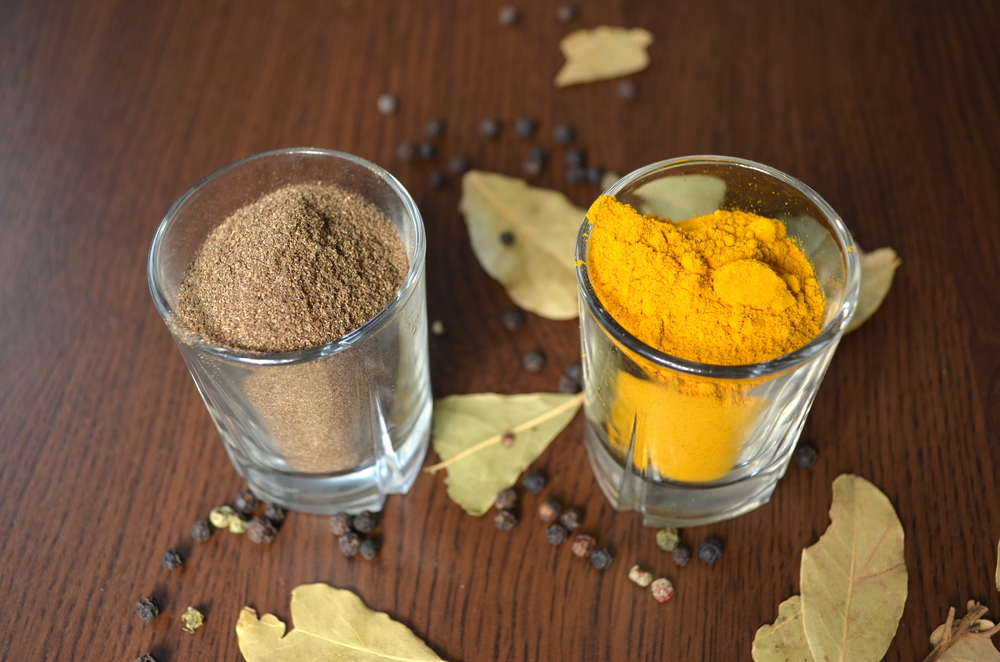Key Nutritional Strategies for Managing Multiple Sclerosis Symptoms
Discover effective dietary strategies to manage multiple sclerosis symptoms. Learn which foods support immune health, reduce inflammation, and minimize flare-ups, along with foods to avoid for improved quality of life. Incorporate gut-friendly probiotics, fiber-rich vegetables, vitamin D sources, and anti-inflammatory omega-3 fatty acids while steering clear of processed, high-sodium, and red meats. These nutritional tips can complement medical treatment, helping MS patients achieve better symptom control and overall health.
Key Nutritional Strategies for Managing Multiple Sclerosis Symptoms
Managing multiple sclerosis (MS) involves more than just medication; diet plays a crucial role in symptom management. MS impacts the central nervous system when the immune system attacks healthy nerve tissue, leading to symptoms like tingling, weakness, pain, mood swings, tremors, and fatigue. Effective management includes therapy, medication, regular exercise, and a balanced diet. Certain foods may help reduce symptoms and prevent flare-ups, while avoiding specific items can minimize triggers and improve overall well-being.

Beneficial foods
Foods high in antioxidants, biotin, probiotics, and vitamin D support immune health and may lessen symptom severity.
Probiotic-rich options
Gut health is vital for MS patients. Foods like yogurt, kefir, kimchi, kombucha, and sauerkraut contain beneficial bacteria that boost immunity and potentially ease symptoms.
Prebiotic foods
To optimize gut bacteria, include prebiotics like asparagus, leeks, onions, garlic, and chicory, which are high in fiber.
High-fiber foods
Constipation is common in MS; fiber-rich foods such as whole grains, lentils, legumes, and fresh produce promote healthy digestion and regular bowel movements.
Foods rich in vitamin D
Vitamin D deficiency weakens the immune response, increasing flare risks. Incorporate fortified foods like orange juice and milk, along with omega-3 sources such as fatty fish (salmon, tuna, sardines) and lean proteins like chicken and turkey, to strengthen immunity.
Biotin-containing foods
Biotin (Vitamin B7) supports nerve health and may help progressive MS cases. Include spinach, almonds, whole wheat, sunflower seeds, and broccoli in your diet.
Polyunsaturated fatty acids (PUFAs)
Foods rich in PUFAs, especially omega-3s from fatty fish and plant oils, help combat inflammation and may reduce flare-ups.
Antioxidant-rich foods
Berries, spices, herbs, and teas contain antioxidants that protect the nervous system and decrease inflammation.
Foods to avoidAvoid foods that could trigger MS symptoms or worsen existing ones. These include:
Processed foods
Packaged snacks, fast foods, and convenience meals often contain trans fats, high sodium, and additives that can provoke symptoms.
Sodium-heavy foods
High salt intake can lead to relapses and worsening symptoms. Use herbs and spices instead of salt for flavoring.
Red and processed meats
Meats like beef, pork, lamb, and processed options such as sausages or ham can increase cardiovascular risks and complicate MS management.
Low-fiber foods
White bread, pasta, rice, and dairy can worsen constipation; limit their consumption.
Artificial sweeteners and additives
Artificial sweeteners may irritate bladder control issues common in MS; avoid sugary beverages and processed baked goods.
Caffeine and alcohol
Both can interfere with sleep and exacerbate insomnia. Opt for herbal teas and limit alcohol intake.
Note:
This article offers general nutritional guidance for MS management. Always consult healthcare professionals for personalized advice. Our content provides research-backed information but is not a substitute for medical consultation. We are not responsible for data discrepancies or individual health variations. Additionally, some offers or schemes may vary from those presented.










